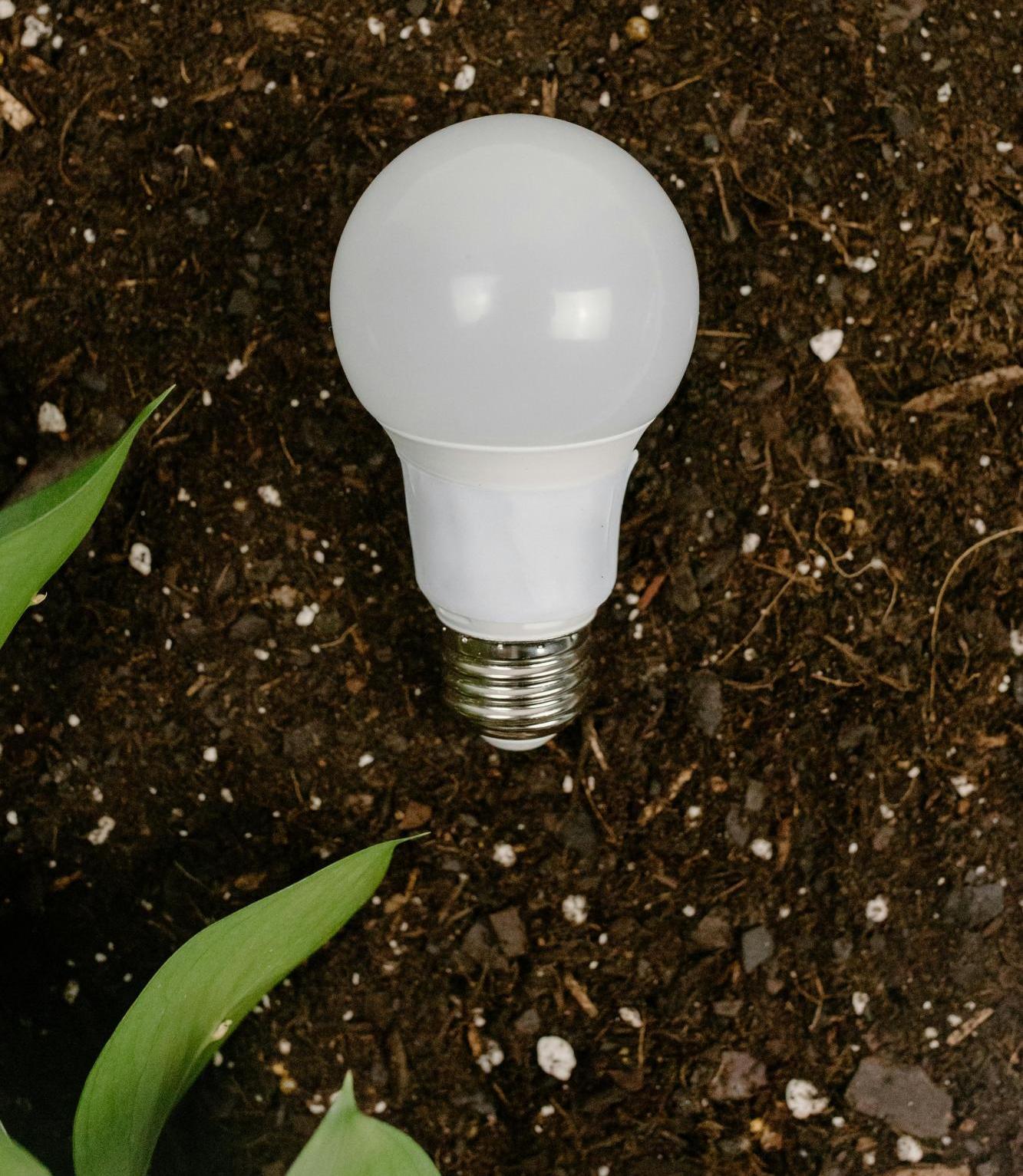
From today, entrepreneurs can apply for a grant to test or demonstrate new techniques for a circular economy.
Entrepreneurs who, for example, have an innovative idea for the recycling of materials, circular design of products or production of bio-based raw materials can apply for the DEI+ Circular Economy subsidy scheme through the Netherlands Enterprise Agency (RVO). A total of 80 million euros is available for pilot and demonstration projects specifically aimed at the circular economy.
Using fewer materials and reusing more materials not only reduces environmental pollution and CO2 emissions, but also makes the Netherlands less dependent on raw materials from abroad. Using recycled materials is now often more expensive for companies, even though it has social benefits. A transition to a circular economy requires new techniques that enable the sustainable use of raw materials. Therefore, the Ministries of Infrastructure and Water Management (IenW) and Climate and Green Growth (KGG) choose to help companies that want to give circularity a place in their business process with this subsidy scheme.
The grant is designed to encourage the reuse of all kinds of raw materials, including plastics. The Ministry of IenW is working on policy to make plastic more sustainable, for example with the circular plastic standard. The ministry is working on a standard that requires processors of polymers to incorporate recyclate and/or bio-based polymers into plastic part or end products. The DEI+ Circular Economy can support entrepreneurs in this regard and help them prepare for the anticipated introduction of the circular plastic standard in 2027.
Contrary to previous grant rounds, the grant is also intended for projects larger than 3 million euros. The grant can be applied for, among other things, testing and demonstrating innovations in the field of recycling, reducing the raw materials needed, deploying more reused raw materials, reducing waste production and deploying more bio-based raw materials. Finally, the grant can also be applied for pilots to design products in such a way that they can be repaired when they break down and that materials can be reused when repair is no longer possible, also called circular design.